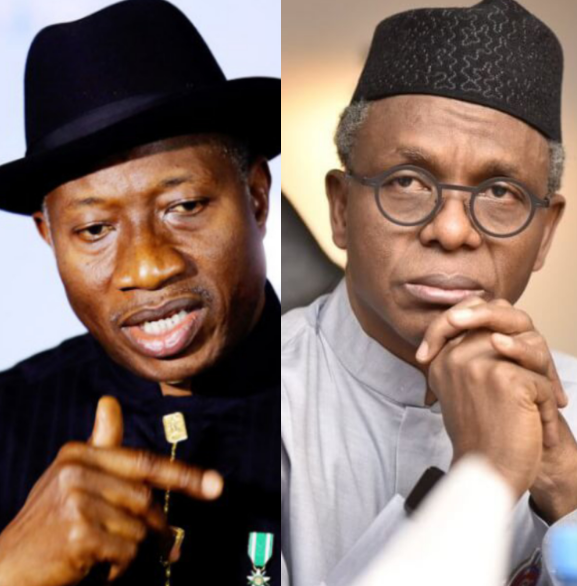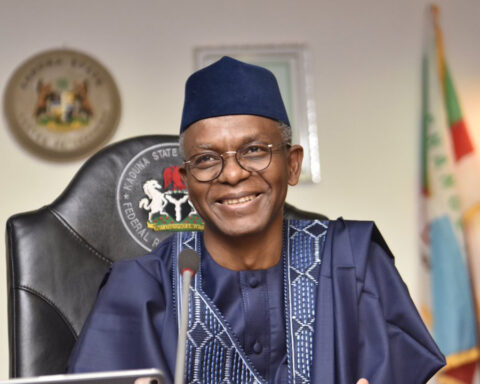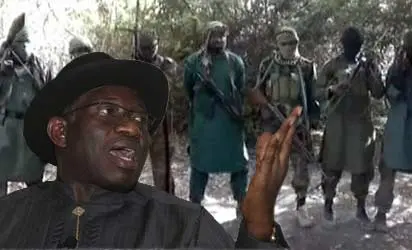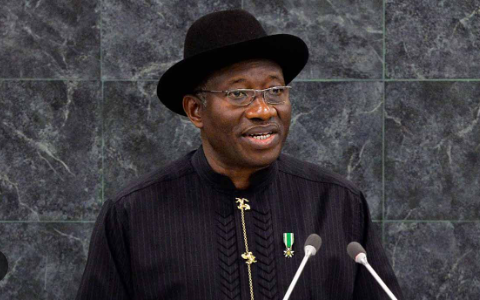IT is not often that I agree with Nasir El-Rufai. During his tenure as Nigeria’s privatization Tsar; as minister of the FCT and member of the Economic Team of the Obasanjo administration, I wrote critical pieces about his over-zealous commitment to the sale of Nigeria’s patrimony; his often inhumane implementation of policies as minister plus his gung-ho attitude to the fight against perceived enemies of Olusegun Obasanjo, especially then Vice President, Atiku Abubakar.
I have never had anything personal against Nasir: a brilliant member of my generation, except the ideological. Nasir El-Rufai was zealously wedded, in my view, to the neo-liberal, capitalist market fundamentalism of the regime he served; with a devotion uncommon in Nigeria.
Four years down the line, since his tenure, there can be no gainsaying the fact that Nasir was truly a giant (no pun intended!), when compared to the Lilliputians, in idea, thought or action, that came after him, at the FCT. El-Rufai wanted modern capitalism to work in Nigeria and had no place for the Nigerian penchant for cutting corners, because they endangered attainment of capitalist modernity.
He took some precipitate steps, but looking back now, his tenure was one driven by ideas which produced results just as he endeavoured to make Abuja a habitable, modern city. Residents of Abuja can see the gradual relapse to old ways and an increasing ghettoizing of the city; the incompetence of authority; erosion of order and return of chaos and impunity.
These seemed a vindication of things we criticised Nasir El-Rufai for; at least he was dedicated to instituting modernity; a progressive modernity in the long run that we can debate, because it is superior to the prebendal kleptocracy that retards Nigeria, in the years since 1999!
Given a mix of his excessive self-assuredness; the undeniable achievements of his tenure at the FCT; his central place in the intrigues which returned Yar’dua as president in 2007, El-Rufai had hoped to play an important role in the administration.
But a provincially narrow-minded Yar’adua kept him out of government, offering only a token membership of the amorphous National Energy Council, between 2007 and 2008. Unable to play the role he assumed befitted him, almost as a right, a disappointed El-Rufai went on self-exile, from where he constantly criticised Yar’adua.
He became politically active on return, entering Muhammadu Buhari’s CPC, where he influenced the disastrous choice of Pastor Bakare as Buhari’s running mate: an individual without political value; a former Muslim turned Christian fundamentalist, unpopular with the Muslim majority in Southwest Nigeria. In matters political, El-Rufai lacks the breadth of strategic vision to influence the dynamics of events.
But the piece he wrote for THISDAY of Friday, June 10, 2011, titled “JONATHAN’S TOUGH CHOICES” is very insightful; with an unflattering description of the pathetic state of affairs in our country: from the crisis in electricity generation, ethno-religious crises, infant mortality through to the collapse of education and infrastructure. Nigeria remains a “Clique Democracy” in El-Rufai’s words, Jonathan lacks “the character, vision and will to defy vested political and business interests to govern decently and grow the economy”.
Seeing the way he cozies up to the parasitic comprador-bourgeoisie of the “Organised Private Sector”, which subsists on import waivers and massive donations to PDP presidential candidates, Nasir is right in his observation. The Yar’adua-Jonathan presidency has “spent over $200billion of oil and non-oil revenues, including over $23billion the previous administration left in the Excess Crude Account (ECA), with little to show for it”.
Furthermore, Jonathan “as Acting President and then President, […] drew down the ECA to less than $500million from the over $6billion Yar’adua left behind in a matter of months- practically sharing out the nation’s savings account to State Governors, party apparatchiks and traditional rulers to buy their support for his presidential bid”.
He has also been a compulsive borrower: “Jonathan ramped up domestic borrowing within a year to […] (US$32billion) – thus borrowing a massive $11billion in less than 12 months”. El-Rufai added that “Nigeria’s budget for 2011 (approved barely two weeks ago) shows that the entire oil revenue projections for the year will barely pay the salaries and running cost of the Federal Government! This is in a country where estimates show that 30million young people have no jobs-a demographic time-bomb waiting to explode”.
El-Rufai’s well-thought out piece on the Jonathan Goodluck phenomenon, shows clearly that Nigeria is on a journey to disaster-land, with a president who frankly does not seem to have the capacity to be a successful local government chairman, if this were a rational society!
The final words appropriately belong to el-Rufai: “Because of the nature of his ascent to power, Jonathan is beholden to several vested interests from whose grip he may not be able to fight free….He spent the last 18 months pandering to those interests to secure his election as president.
Shockingly, even before he was sworn in for his first full term, he indicated that four years would not be enough to achieve much. The import is that he may spend the next four years working for his re-election-and the entailing squandering of resources, including racking up massive debts”. Head or tail, Nigeria is the loser with a Jonathan Goodluck presidency!






